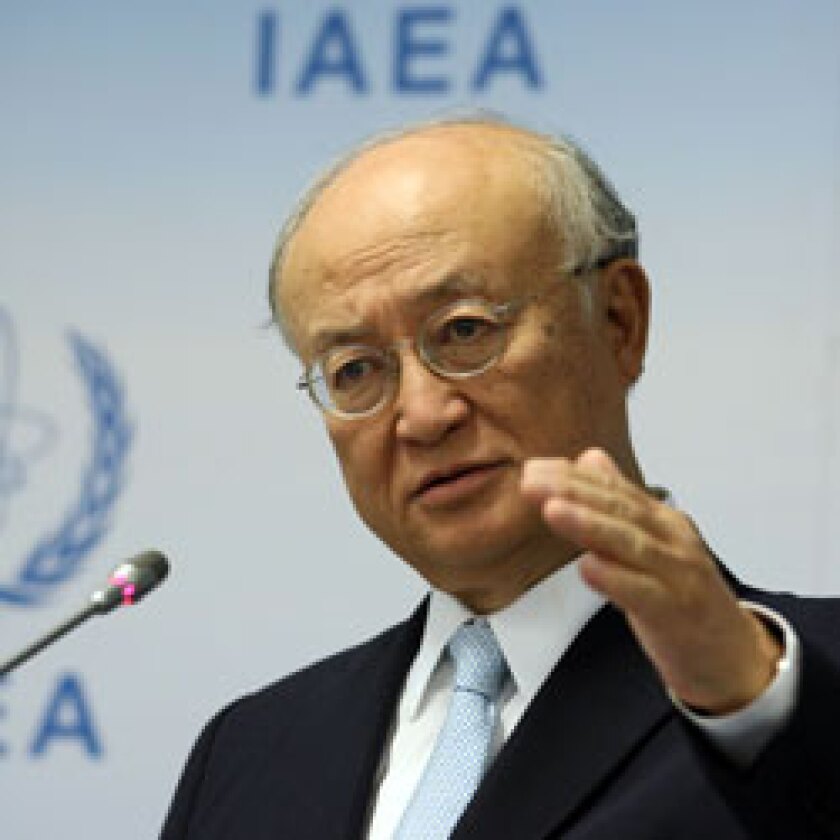The reintegration of Iran into the world economy and financial markets is coming closer, as anticipation builds about Adoption Day when the first batch of EU and US sanctions will be lifted.
The legal process begins on October 17, although the embargoes will only end when the International Atomic Energy Agency (IAEA) verifies Iran’s compliance with its nuclear commitments.
“That will definitely happen,” said Ali Akbar Ahsan, partner at Magellan Capital, a frontier markets investment firm. “Everyone has worked too long and too hard for it not to happen.”
When the IAEA, headed by Yukiya Amamno gives its blessing, expected in the first half of 2016, much of the EU and extra-territorial US sanctions will cease to apply, though US entities will still be banned from most activities with Iran.
Already, high level trade delegations from Germany and France have visited Iran, and UK finance minister George Osborne has said he wants to lead a particularly large group next year.
“It’s got $500bn GDP, 80m people, a stock market with over $90bn market cap and 500 companies listed,” said Alisher Ali, CEO of investment firm Silk Road Finance. “This is a big opportunity for Iran to become the biggest frontier market globally — bigger than Nigeria, Argentina, Vietnam.”
But while Iranians are euphoric, many obstacles remain. “In my opinion, we’re not going to see any real action for a long time,” said Ahsan. “There is a lot of hype. This is not a panacea that is going to lead to money and trade flowing freely.”
FINANCIAL OBSTACLES
Ahsan believes that because Iranian banks will still be excluded from the US dollar clearing system, “reintegrating them into the global financial sector is going to take a long time, and until that happens, it will be pretty difficult to do anything — trade finance, transfers of capital, joint ventures.”
Others are more optimistic that non-US banks will re-engage with an economy bigger than the UAE’s. Once the sanctions are lifted, said Daniel Martin, partner at law firm Holman Fenwick Willan in London, dealing with Iran will no longer put international banks at risk of huge US fines or the loss of their US business, provided the transactions stay outside the dollar clearing system.
“The usual EM suspects, HSBC, Standard Chartered, Deutsche Bank, are not going to rush to deal with Iran,” said Ahsan. “Second tier banks from South Korea, China, Turkey, or perhaps some of the German Landesbanks, are more likely to go first.”
The most important step will be reconnecting Iran to the Swift network for international payments, expected to take a couple of months after the IAEA all-clear.
Reza Soltanzadeh, CEO of the Iran Industries Investment Co, one of the country’s largest asset managers, said “international banks have had corresponding relationships with the larger Iranian banks for decades. The sanctions have only been there since 2012. So I don’t think it will take long to restore them.”
